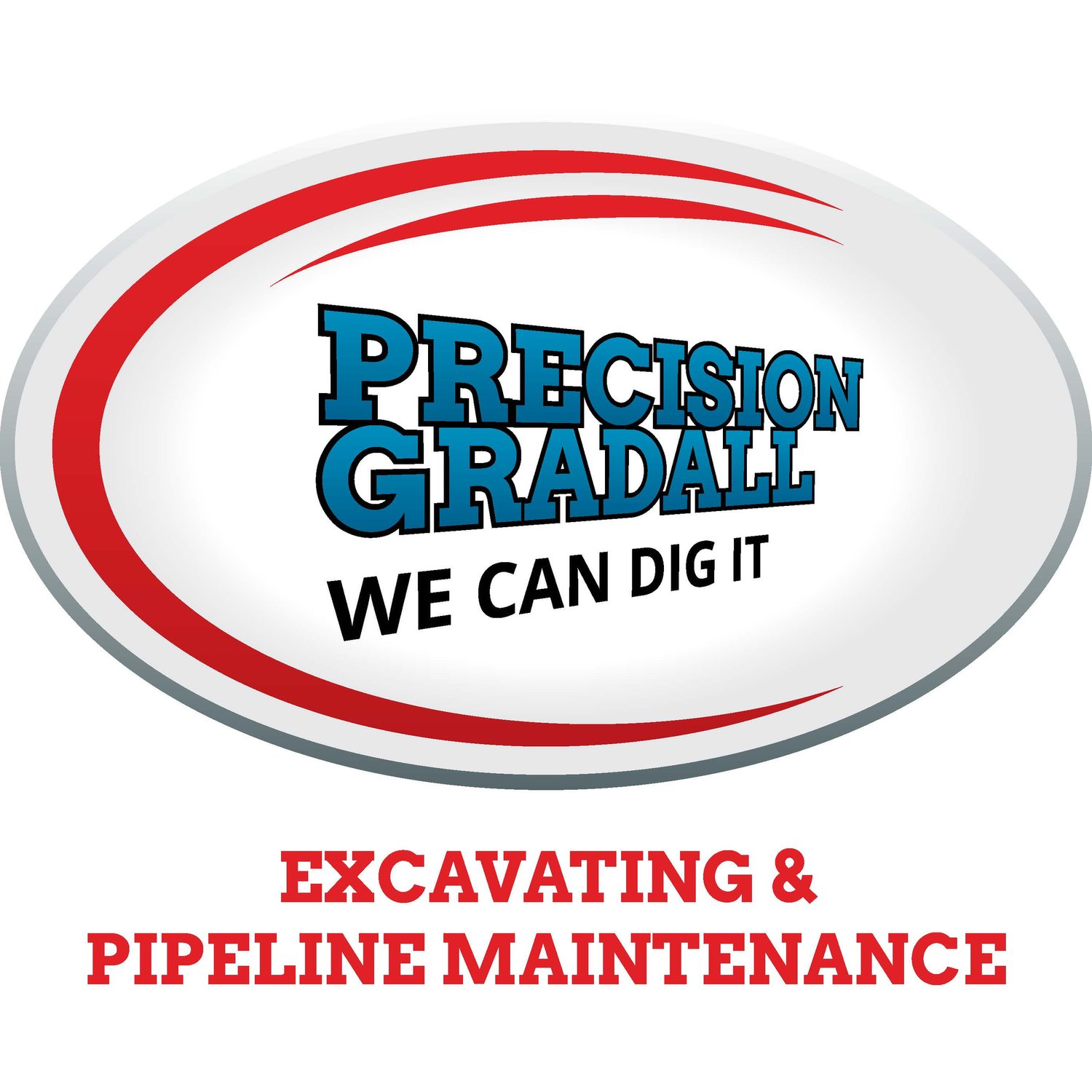5 Things you should know about pipeline maintenance.
Canada is one of the five largest energy producers in the world with more than 119,000 kilometres of pipeline throughout the country. Since the Pipeline Act of 1949, we’ve been committed to having one of the safest pipeline networks in the world. One of the most important components of this safety is regular and careful pipeline inspection and maintenance. Here are five things everyone should know about pipeline maintenance:
1. Two types of inspection
The best way to maintain your pipeline is to have it professionally inspected regularly. Typically, these inspections will involve a visual inspection as well as what’s known as a “smart pig,” an object that can be moved by a cable or just the pressure of the product behind it, through sections of pipe to gather information. A “cleaning pig” can also be sent down a pipeline to clean it of any sediment or buildup.
2. Corrosion prevention
Better than having to repair pipe is not having it break down at all. Pipeline maintenance can include various measures to prevent corrosion from happening. Corrosion is a chemical reaction that occurs between metal and its environment (the pipeline and the ground, in this case). Often, pipelines are coated in various materials to prevent any contact between the metal and the ground. Similarly, a low voltage electrostatic current is sometimes run through the metal to prevent the chemical reaction of corrosion.
3. Operators have a lifetime commitment
All pipeline operators should know that pipelines cannot be completely abandoned. Operators have a lifetime commitment to ensuring that pipelines are maintained, even if they are not used.
4. Monitoring at a distance
While physical inspection by an expert is an essential part of monitoring pipelines, there are also means of monitoring them at a distance to more efficiently target physical inspections. Acoustic technologies and digital sensors, linked to a central monitoring centre, are also used to check on the integrity and performance of pipelines.
5. Pipeline retirement
Pipelines can either be decommissioned (when operation is temporarily or permanently ceased) or retired (permanently shut down).
We at Precision Gradall have been providing Gradalls for excavation projects since 1990. For the past decade, however, we’ve been expanding to be involved in more aspects of pipeline maintenance in Alberta, especially with the increased demand for hydrovac units. If you’d like more information about excavation equipment, our hydro vacs, or general pipeline maintenance, contact us today.

